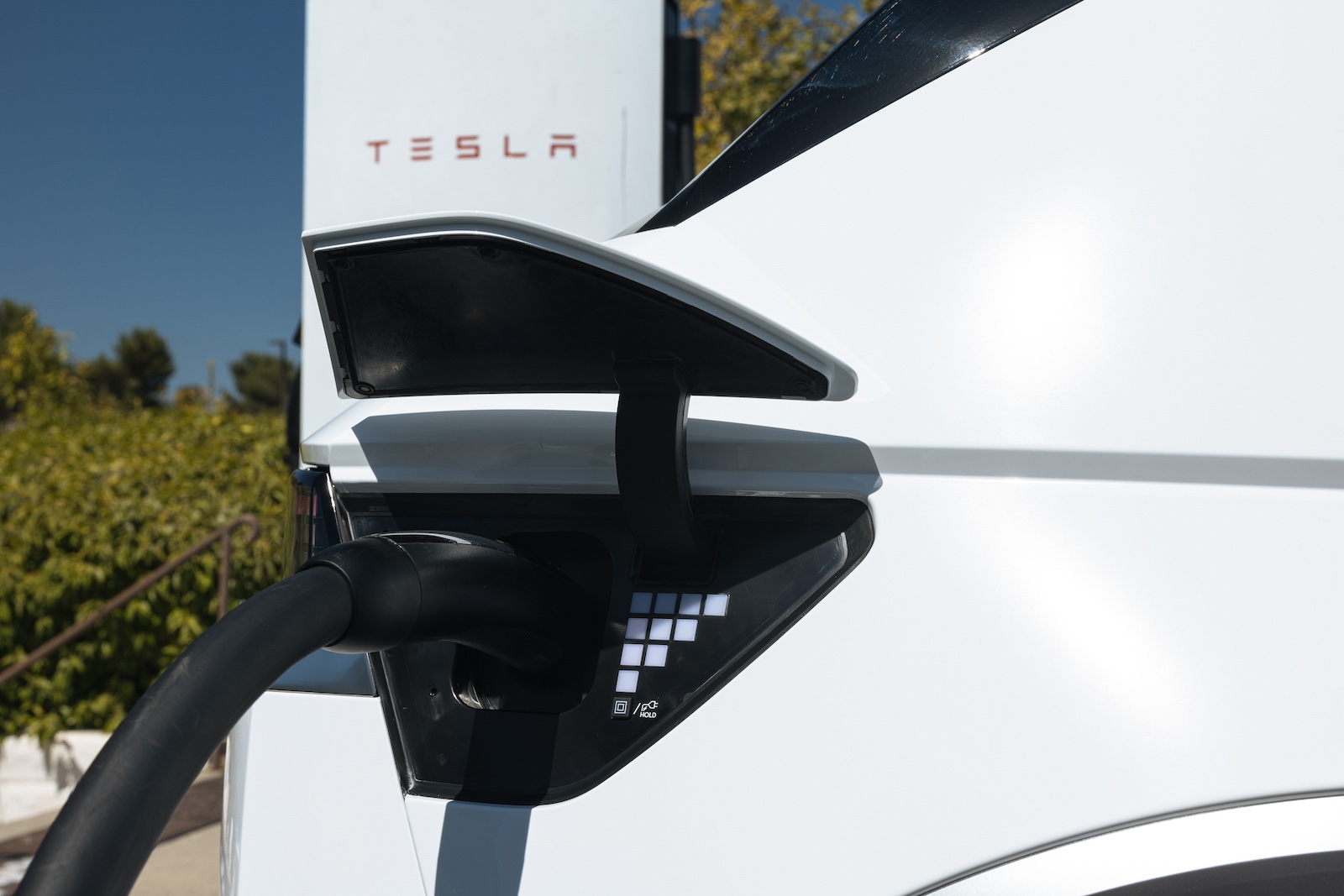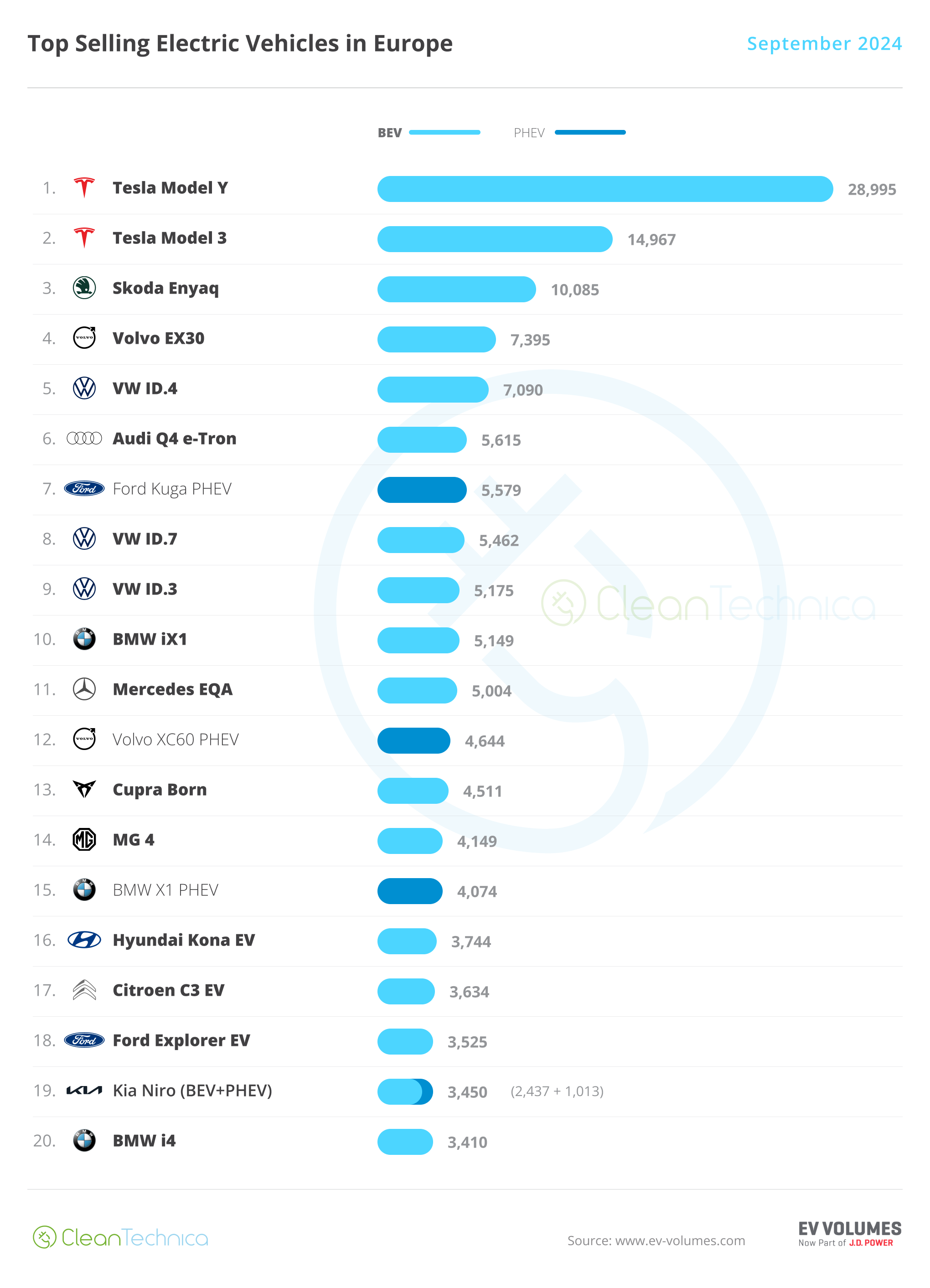ABx Group has posted “outstanding” extraction results from its latest mixed rare earths carbonate sample at the Deep Leads project in northern Tasmania.
The extraction results from a 100kg bulk sample extracted from the ionic adsorption clay rare earths project, 45km west of Launceston, reported 60–66 per cent for dysprosium and 55–62 per cent for terbium – as well as 65–72 per cent for neodymium and 63–70 per cent for praseodymium.
ABx has previously reported diagnostic leach test results, achieving greater than 70 per cent extractions of dysprosium and terbium from 80g samples.
The results, the company said, indicate that high extractions achieved at smaller-scale tests can be reproduced at a larger scale, which is more representative of commercial production conditions.
Testing at Deep Leads was done using benign conditions, including leaching at pH 4.7 and ambient temperatures and pressures, which is expected to “significantly reduce” rare earth extraction costs.
ANSTO has conducted two tests on larger sub-samples of 300g and achieved high extractions in both tests – featuring results broadly consistent with previous diagnostic tests.
“I am once again very pleased to see that high rare earth extractions, particularly of heavy rare earths, are achieved from our deposit using extremely benign conditions,” ABx Group managing director Mark Cooksey said.
“We are eagerly looking forward to the production of the MREC sample. Because of the high dysprosium/terbium content, high extractions, low impurities and a significant resource, ABx Group continues to receive strong interest from potential customers.”
ABx are on track to deliver another mixed rare earth carbonate sample in the final quarter of 2025, with impurity removal tests to also be conducted.
AIMEX 2025 kicks off next week in Adelaide. Register for the free event here.




